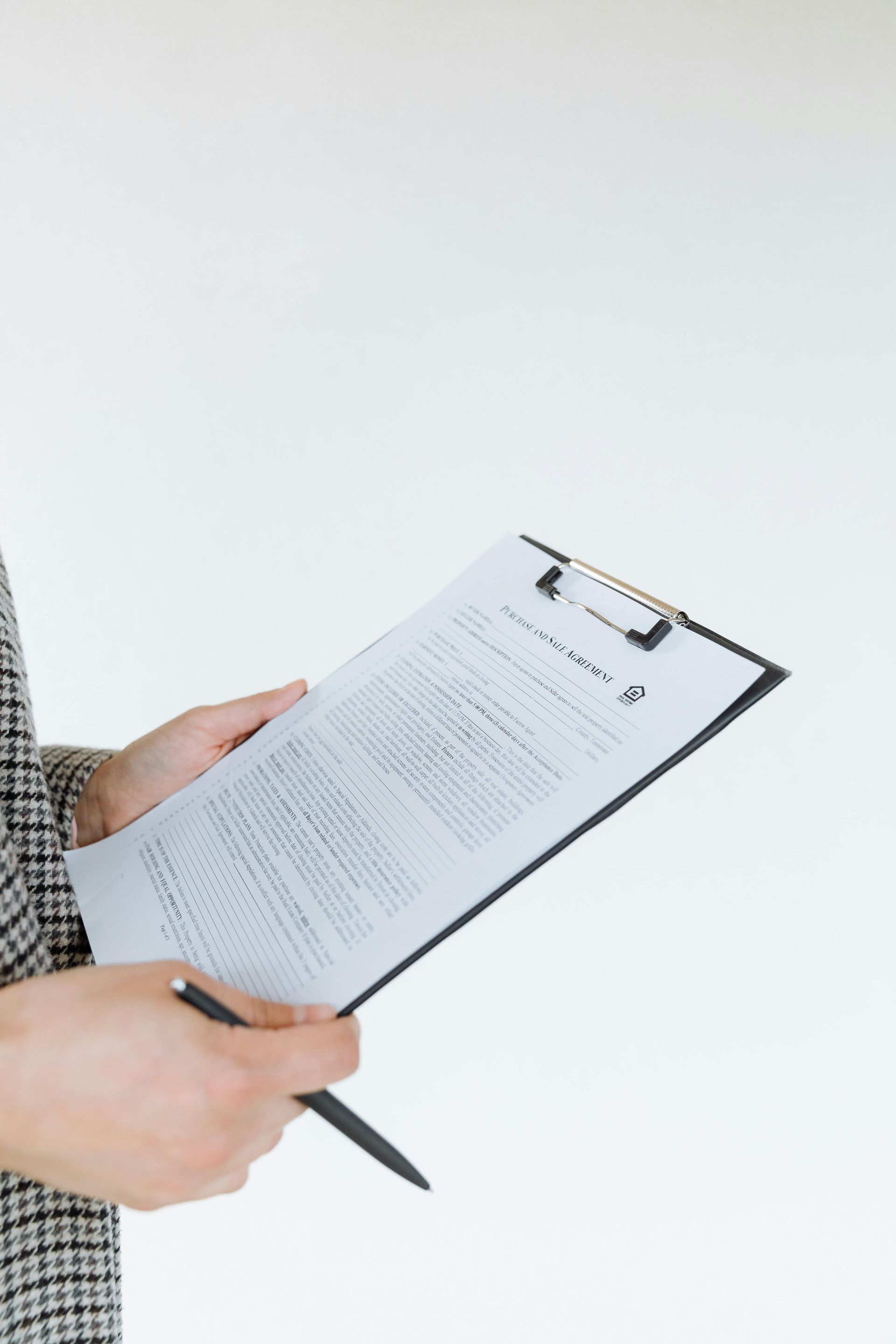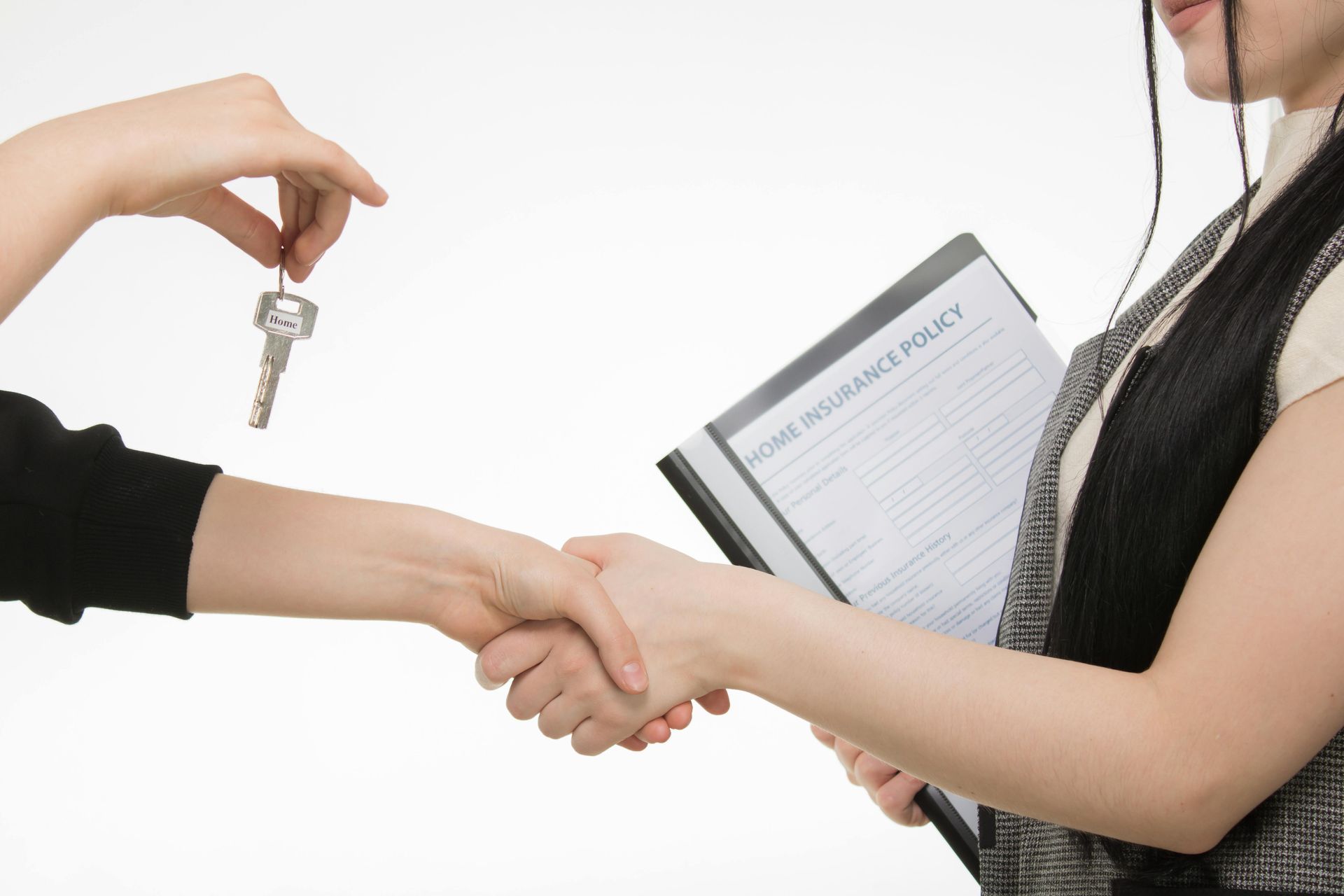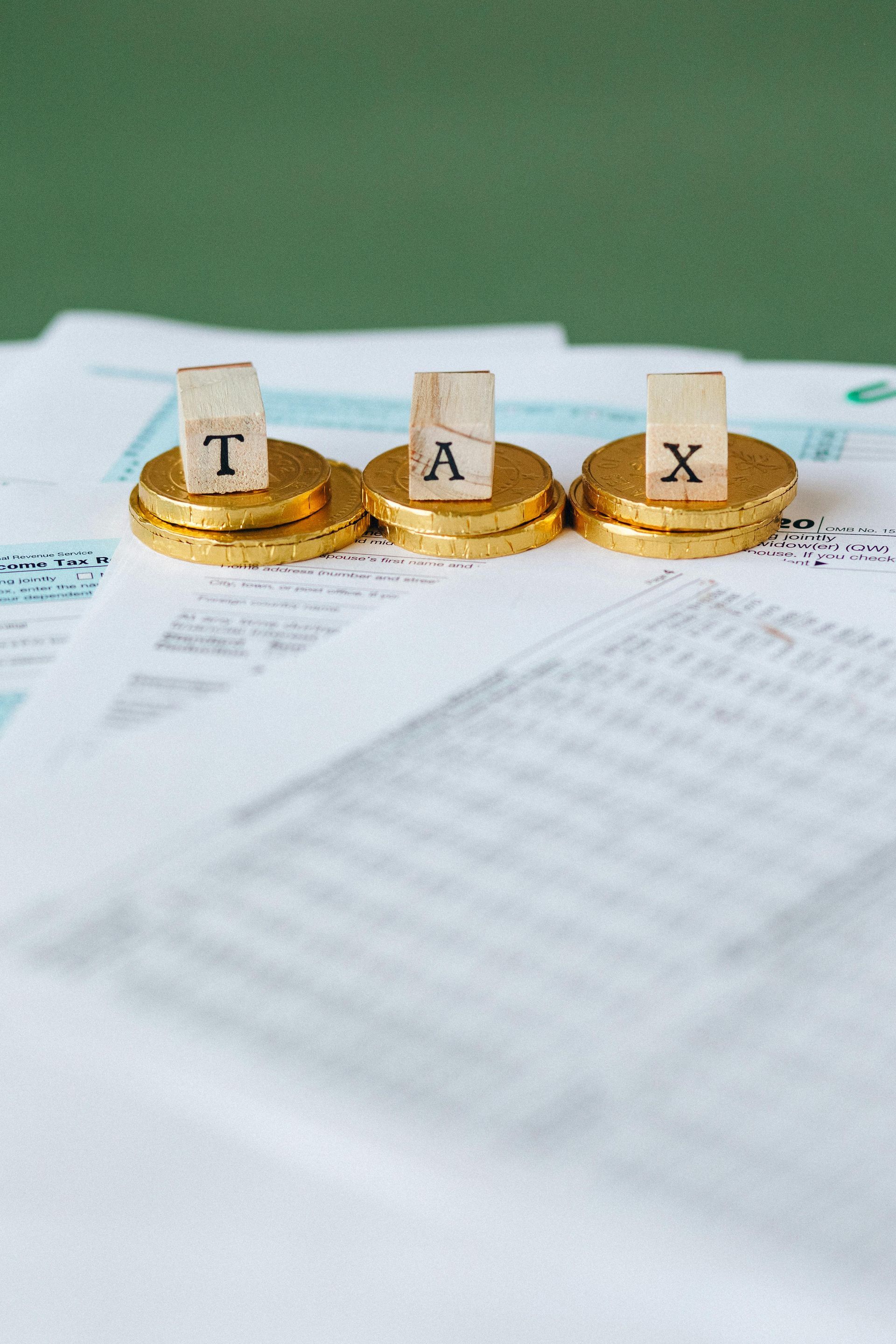Division 7A Loan Extensions
Under Division 7A rules, an outstanding loan from a private company to an associated entity can be an unfranked deemed dividend to that associated entity. One commonly used measure to stop an unfranked deemed dividend is to put the outstanding loan into a "complying loan agreement".
These loan agreements between the private company and the borrower are required to have clauses which state that a minimum interest rate and maximum loan term applies. A minimum yearly repayment is required to be made each year under the loan.
The ATO has released a statement which acknowledges that, as a result of the COVID-19 pandemic, some borrowers may be unable to make such a repayment in the 2019/20 income year. Using the discretion available, borrowers can apply for a one-time extension to make the minimum yearly repayment to the ATO.
Requesting the extension
The ATO has advised that applying for an extension to make the minimum yearly repayment can be completed using a streamlined online application.
The shortfall of the minimum yearly repayment must be confirmed, and borrower must state that they have experienced adverse effects from COVID-19 situation.
Specifically, the ATO has detailed the following as examples of having an adverse effect:
•
the borrower or a person close to them contracted COVID-19
•
the borrower does not have the funds available for repayment, because their employment or business income has reduced because of COVID-19
•
the borrower has needed to incur greater costs to conduct or preserve their income earning activities during COVID-19, or
•
another entity is experiencing adverse economic effects from the disruption, and the borrower needs to support that entity.
Also, in order to receive the extension, the borrower must answer that they are unable to pay the minimum yearly repayment in full for the 2019/20 income year.
Examples provided by the ATO in the request form include:
•
the borrower is unable to pay as they have become sick with the COVID-19 virus
•
the borrower does not have funds readily available (including other liquid assets) to make the payment, or
•
the borrower does have the funds
, but they are needed to continue operating their business, or to meet other personal needs and the needs of the people that the borrower is responsible for.
The ATO has advised, on their website, that it will not be necessary to submit additional evidence, apart from the declarations, with the application.
Response by ATO
A response will be given within five business days. This will mean that all decisions will be made after 30 June 2020 .
When the application is approved, the borrower will not be considered to have an unfranked deemed dividend, provided they pay the shortfall prior to 30 June 2021. This will mean that, for some Div 7A loans, a double payment will be required in the 2020/21 income year.
Information sourced using CCH iknow
Under Division 7A rules, an outstanding loan from a private company to an associated entity can be an unfranked deemed dividend to that associated entity. One commonly used measure to stop an unfranked deemed dividend is to put the outstanding loan into a "complying loan agreement".
These loan agreements between the private company and the borrower are required to have clauses which state that a minimum interest rate and maximum loan term applies. A minimum yearly repayment is required to be made each year under the loan.
The ATO has released a statement which acknowledges that, as a result of the COVID-19 pandemic, some borrowers may be unable to make such a repayment in the 2019/20 income year. Using the discretion available, borrowers can apply for a one-time extension to make the minimum yearly repayment to the ATO.
Requesting the extension
The ATO has advised that applying for an extension to make the minimum yearly repayment can be completed using a streamlined online application.
The shortfall of the minimum yearly repayment must be confirmed, and borrower must state that they have experienced adverse effects from COVID-19 situation.
Specifically, the ATO has detailed the following as examples of having an adverse effect:
• the borrower or a person close to them contracted COVID-19
• the borrower does not have the funds available for repayment, because their employment or business income has reduced because of COVID-19
• the borrower has needed to incur greater costs to conduct or preserve their income earning activities during COVID-19, or
• another entity is experiencing adverse economic effects from the disruption, and the borrower needs to support that entity.
Also, in order to receive the extension, the borrower must answer that they are unable to pay the minimum yearly repayment in full for the 2019/20 income year.
Examples provided by the ATO in the request form include:
• the borrower is unable to pay as they have become sick with the COVID-19 virus
• the borrower does not have funds readily available (including other liquid assets) to make the payment, or
• the borrower does have the funds , but they are needed to continue operating their business, or to meet other personal needs and the needs of the people that the borrower is responsible for.
The ATO has advised, on their website, that it will not be necessary to submit additional evidence, apart from the declarations, with the application.
Response by ATO
A response will be given within five business days. This will mean that all decisions will be made after 30 June 2020 .
When the application is approved, the borrower will not be considered to have an unfranked deemed dividend, provided they pay the shortfall prior to 30 June 2021. This will mean that, for some Div 7A loans, a double payment will be required in the 2020/21 income year.
Information sourced using CCH iknow











